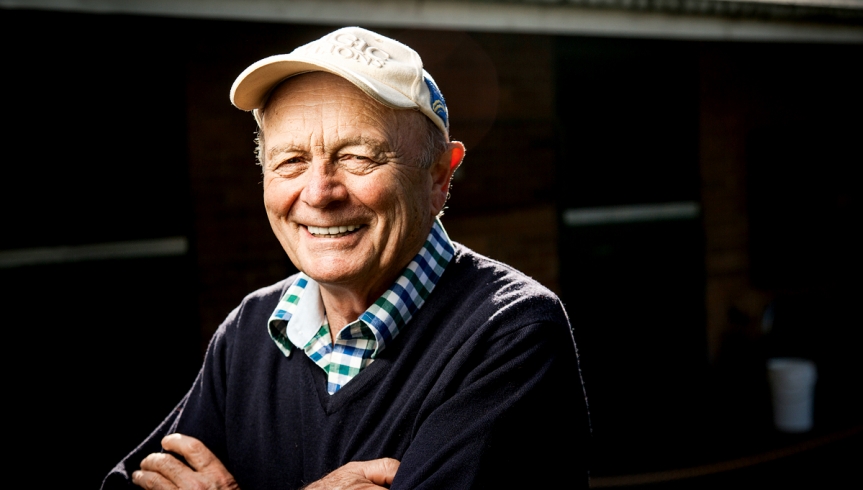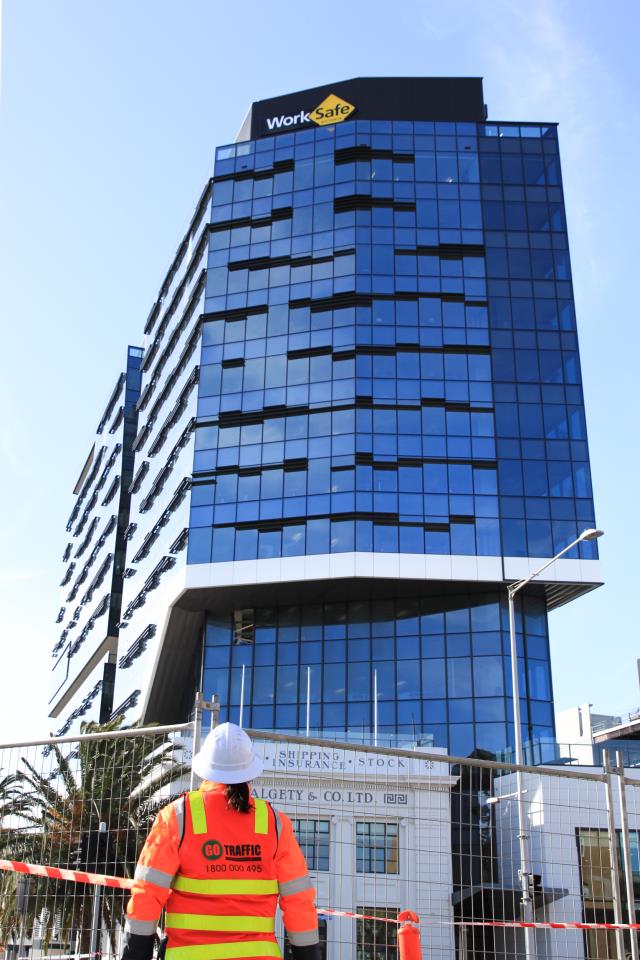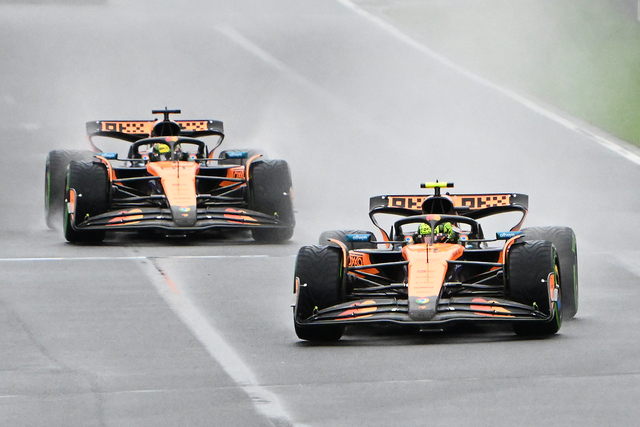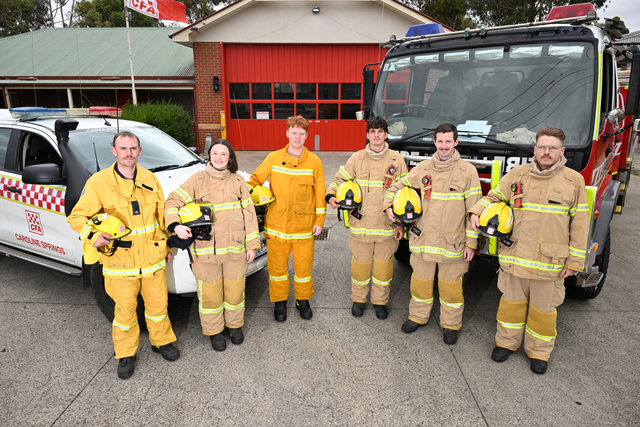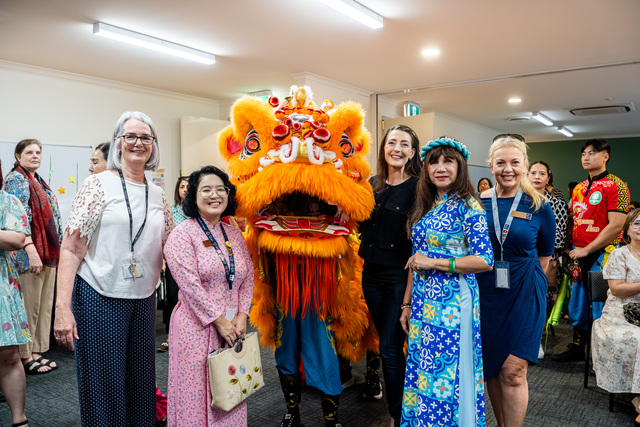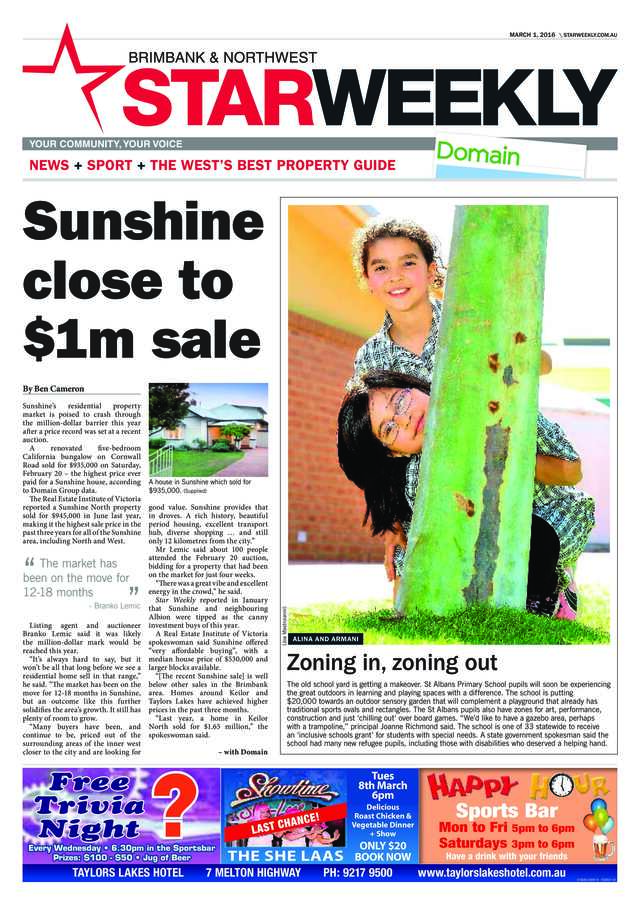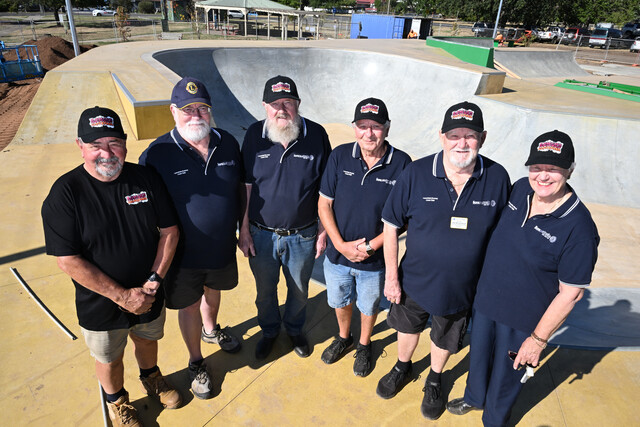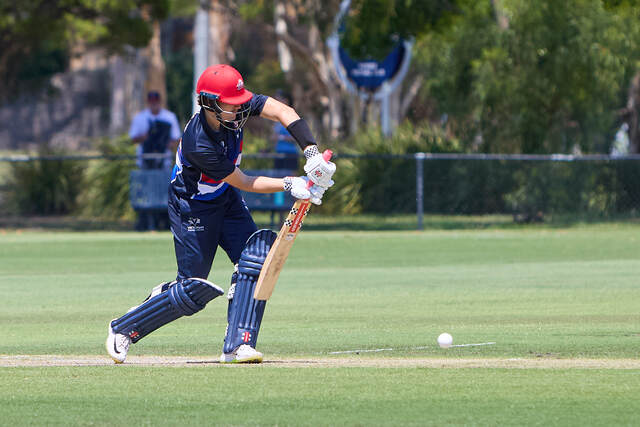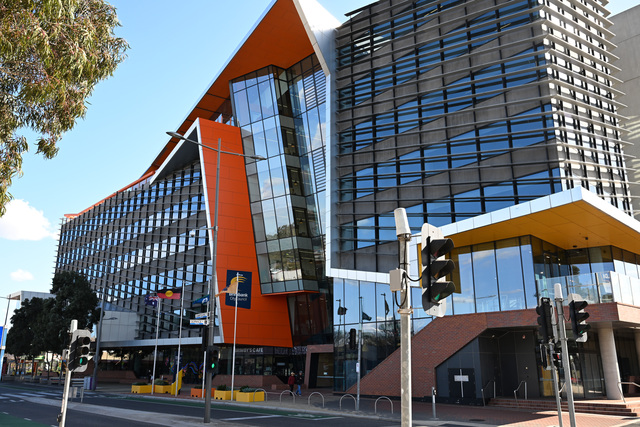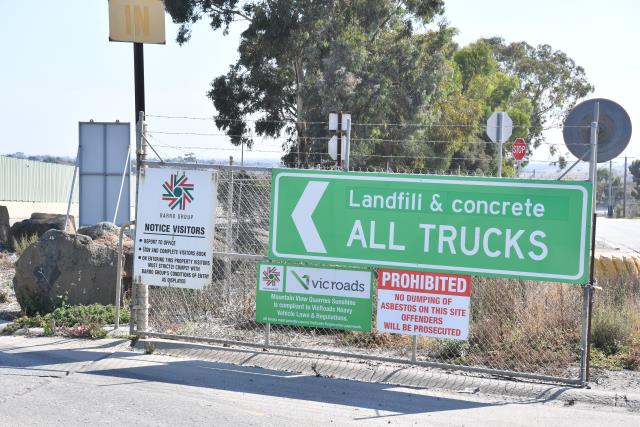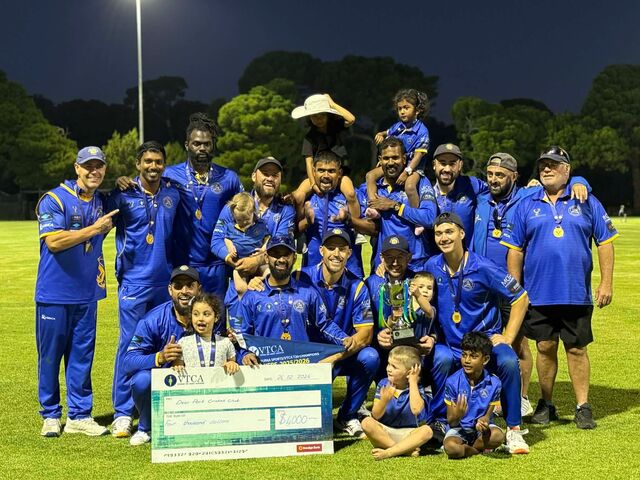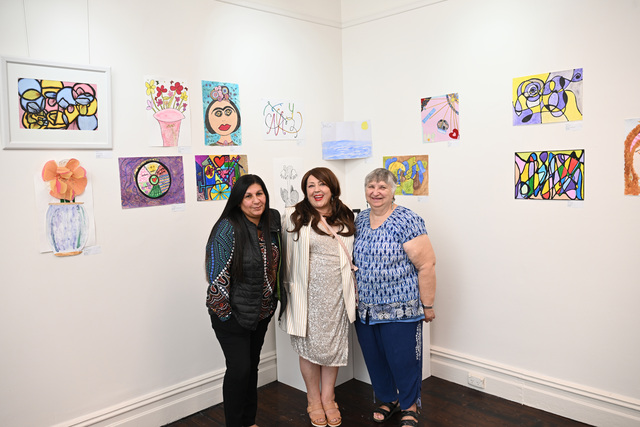On any given day, horses bred or owned by Gerry Harvey will race at meetings in Australia or New Zealand. It is just one of the many surprising facts about the man whose core business is, as he puts it, “selling fridges and vacuum cleaners” under the Harvey Norman banner.
A lot of successful businessmen turn to horse racing as a hobby at some stage of their careers. For Harvey it was the other way around.
“I didn’t come from a racing family but I always fancied the idea of breeding and horses appealed to me more than dogs or chooks,” Harvey says. “I was in my 30s when I first had a bit of money and I bought a couple of broodmares and that’s how it all started.”
Now 75, Harvey is Australia’s largest racehorse breeder (and one of the biggest in the world) with more than 600 thoroughbreds, including breeding and racing stock, in his stables. His racing interests also extend to owning Magic Millions, one of the largest and most expensive thoroughbred auction events in Australia.
Harvey has three thoroughbred studs in the Hunter Valley in NSW, including Baramul, where the famed Star Kingdom stood, and two more in New Zealand.
In the mid-1970s, his first stud, Broombee at Armidale in NSW, produced two of the best horses Harvey has bred, Best Western and Gypsy Kingdom. More recently, he bred the 2004 Cox Plate winner Savabeel, who was by the champion NZ stallion Zabeel from Harvey’s mare Savannah Success, and bought as a yearling by NZ trainer Graeme Rogerson.
Savabeel has since become a highly successful stallion and Harvey has bought a couple of his fillies for more than Rogerson – who is renowned for his prowess as a horse trader – paid for Savabeel as a yearling. “I reckon ‘Rogie’ has got me coming and going,” says Harvey, who is also noted for his canny deals.
To most breeding buffs, Baramul, where Star Kingdom’s best son Todman is buried, would be regarded as hallowed ground. But Harvey acquired the property about 15 years ago at a receiver’s sale.
“When I told my wife [Katie Page, chief executive of the Harvey Norman chain], she went mad at me for buying another stud, but when she saw it she fell in love with the place,” he says.
His two studs in NZ, at Karaka just south of Auckland and in the famous Waikato breeding grounds at Matamata, are recent additions to his portfolio, acquired as a result of multimillion-dollar debts run up by the previous owners.
“We have some very well-bred yearlings coming through in New Zealand and I’m certain they will attract international attention,” says Harvey.
His Magic Millions sales operation is also booming; this year it sold more horses than the nation-leading William Inglis yearling sales for the first time.
The Gold Coast’s Magic Millions yearling sales were a brash newcomer in 1986. There were a handful of ownership and management changes before Harvey, in partnership with Sydney businessman Rob Ferguson and his old mate and advertising guru John Singleton, took over about 15 years ago.
Harvey has since bought out his partners and Magic Millions has spread its operations to South Australia and Western Australia, while William Inglis concentrates on NSW and Victoria.
The “odd couple” relationship between Harvey and Singleton has endured for more than 40 years. Harvey is the straight man to “Singo’s” larrikin persona, a relationship that has produced many headlines in the racing – and now social – media.
Although it was Harvey who introduced Singleton to racing “when he tried to flog me some advertising”, he takes a back seat when it comes to his friend’s “colourful outbursts at the races”.
“We’re rudely honest with each other and I still find him one of the most interesting blokes I know,” Harvey says.
“Just recently, he came to me and said he had a very personal question to ask me and I said go ahead: ‘Have you left me any money in your will?’ And when I said no, he said, ‘You leave me $10 million and I’ll leave you $10 million to the estate of whichever of us dies first’.
“Then he got sick on an international flight and had to come home for treatment and when he got back he cancelled the deal.”
If Singleton is concerned about his mortality, Harvey doesn’t appear to worry about his own. He turned 75 last in September and is busier than ever.
“As well as the breeding stock, I’ve got 161 horses in work and 61 trainers on my books. There are also the 250 Harvey Norman shops to think about and I reckon there are a lot of people out there who wake up every morning and wish me the best of health,” he says.
The Harvey Norman brand came about in the mid-’60s when Harvey and a friend, Ian Norman, were selling vacuum cleaners door-to-door in Sydney. They decided to pool their resources and open a small shop – the rest is history.
Norman, who had battled throat cancer for about 15 years and no longer had an active role in the business, died in May at the age of 75.
Page, Harvey’s second wife, is CEO. He still has a hands-on role in the company he co-founded and says he enjoys juggling his massive racing interests with those of the retail giant. In his spare time, Harvey is also one of Australia’s main growers of Wagyu cattle.
Although he enjoys a drink, he says he prefers to do so in moderation these days. “I probably overdid it [drinking] between the ages of 19 and 35 before I realised you don’t have to drink all the time. I think John [Singleton] is also coming down to my level. He tries to keep up his image but I know that some of the bottles in front of him in restaurants only hold water.”
Harvey had an unexpected invitation earlier this year from John Warren, the Queen’s long-time racing adviser, to join the royal entourage at Royal Ascot.
The parade up the straight in the magnificent coaches on each of the five days is one of the highlights of Royal Ascot. An invitation to be part of it is much sought after. But the down-to-earth former vacuum salesman from Sydney was not so impressed initially.
“I’ve known John [Warren] for a long time and first of all I said no. But he came back and said the Queen (who knows her racing and breeding) was keen to meet me, and I thought Katie would enjoy it, so we decided to do it,” he says.
“I suppose it was pretty special to have lunch at Windsor Castle and then get in a coach and go to the royal box at Ascot.”
As well as his long involvement in the breeding industry, Harvey also spent five years on the board of the former Sydney Turf Club, when it was regarded as one of the most progressive race clubs in Australia.
Despite his impressive credentials, Harvey prefers to keep a low-key profile. “I’ve never had a runner in the Melbourne Cup and, with the way the imported horses are now dominating the race, it’s unlikely I ever will have.
“I think we have the best racing in the world in Australia and I’m just happy to be part of it.”
Tony Bourke is one of Australia’s most experienced racing writers and has covered most of the world’s prestigious race meetings.

